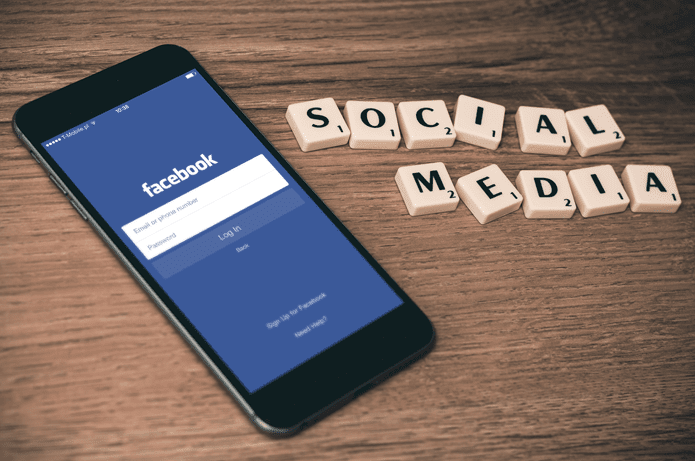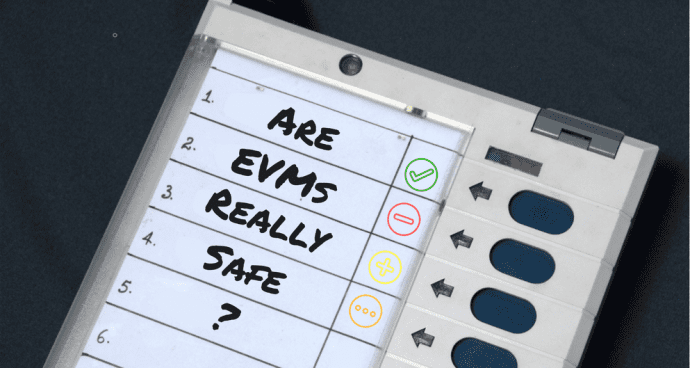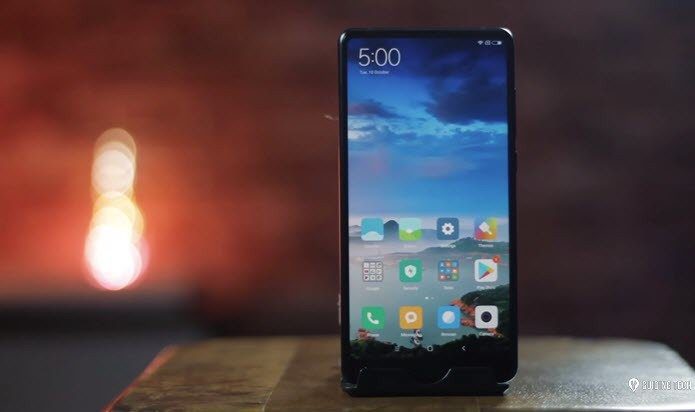The Fake News Takeover
What does fake news have to do with the election, you ask? BuzzFeed shared a chart showing total Facebook engagements for the top 20 election stories from February all the way until Election Day. The data finds that 8.7 million of those engagements from August to November were for fake news stories, while only 7.3 million were from reliable mainstream sources. That’s right — more Facebook users engaged with fake news than real news. The Trump connection comes in with a report from Gizmodo that claims Facebook had been planning a News Feed update that would filter out news. However, it never went live because the filter would have eliminated dramatically more right-wing conservative websites than liberal ones. This seems to imply that there are far more fake news sites with conservative agendas than liberal ones. If that’s true, it’s easy to see why Facebook would be hesitant to release this update because it would make the social network look biased. Facebook, of course, denied that any of this ever occurred within the company. So this begs the question: did all the fake news dramatically influence public opinion? Plus, being that there was more fake news with a conservative angle over a liberal one, was it enough to shift people in favor of Donald Trump? BuzzFeed’s report found that of the top 20 fake news stories about the election, 17 were either for Donald Trump or just against Hillary Clinton. 960,000 people shared a false news story on Facebook that Pope Francis endorsed Trump. 789,000 people shared another fallacy that Clinton sold weapons to ISIS. The list goes on and on, but these numbers add up to tens of millions of people exposed to false information, if not hundreds of millions. Salesforce CEO Marc Benioff is in the camp that social media helped Trump tremendously. “Without Twitter, I don’t think you would have President-elect Trump,” he told Recode’s Kara Swisher. Twitter, of course, was not without its own fake news stories going viral. Salesforce was considering purchasing the service. Many have speculated that Salesforce and others who passed on making a bid for Twitter did so because of its issues handling abuse and trolls, the latter of which contribute greatly to sharing false news stories. Trump’s own digital director Brad Parscale admits social media played a huge role in the victory. “Facebook and Twitter were the reason we won this thing,” he said to Wired. “Twitter for Mr. Trump. And Facebook for fundraising.” Facebook CEO Mark Zuckerberg is profoundly against the idea that fake news his social network was even slightly influential. ““Personally I think the idea that fake news on Facebook, which is a very small amount of the content, influenced the election in any way — I think is a pretty crazy idea,” he said at the Technonomy conference. “Voters make decisions based on their lived experience. […] I do think there is a certain profound lack of empathy in asserting that the only reason someone could have voted the way they did is they saw some fake news.”
Social Networks Start Taking Action
There is no way to know for sure what influenced voters to vote the way they did. But it’s hard for anyone to argue that fake news going viral isn’t a problem. Though Zuckerberg was quick to defend Facebook, Gizmodo is correct about one part: Facebook still hasn’t explicitly denied it’s working on a News Feed update as a solution. Facebook and Google too have announced they’re banning advertisements that link to fake news. That’s a step in the right direction, but it still doesn’t prevent people from sharing what they want and having that go viral. Twitter, on the other hand, has taken a different route. It is actively suspending alt-right Twitter accounts. The term “alt-right” refers to an alternative conservative movement that promotes white supremacy and generally condemns minority groups like African Americans and Jews. Twitter says these accounts essentially just tweet hate speech, which is forbidden on the site. While the move might not directly involve fake news, it should indirectly sweep away some of it.
A Lesson for All of Us
The reality is that fake news doesn’t just apply to elections. On my own Facebook News Feed, I see blatantly incorrect news articles shared all the time. People will share whatever supports their own views, whether it’s true or not. I suppose that’s okay. Freedom of speech in America protects people and allows them to share bogus stories like those under most normal circumstances. Some people argue that social networks’ attempts to filter this out harms freedom of speech. But, just as any one person has the right to say what they want, the people who run social networks like Facebook have the right to say what they want. And they might say to take your fake garbage elsewhere. Just as they prohibit hate speech, they can prohibit false news. Whether you’re elated or woefully discontent with the election results, perhaps it’s on all of us to claim some responsibility for the mess. Whichever team you side with, you should want to strength your argument with facts and hard evidence. If you find an article that supports your views, don’t rush to share it without verifying its validity. Take just a few seconds of your time to fact-check on Google or Bing with a reliable, well-documented source. That way, American citizens and people around the world can make more informed decisions. The above article may contain affiliate links which help support Guiding Tech. However, it does not affect our editorial integrity. The content remains unbiased and authentic.












